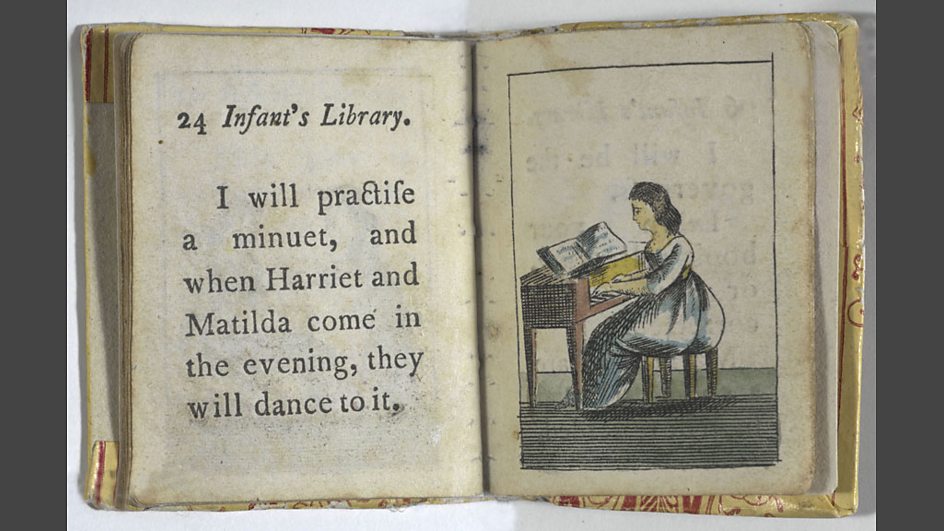I had never heard of Lillian de la Torre’s series of historical mysteries starring Samuel Johnson in the Sherlock Holmes role until I visited Dr Johnson’s House in Gough Square and read a little of it in their library. Thinking it was the most wonderful idea and kicking myself that I hadn’t thought of it, I ordered the four collection of Sam: Johnson, Detector books and throughly enjoyed each, gobbling them up in one go.
The first of these stories was published in 1946 in Ellery Queen Magazine and have been collected in;
Dr. Sam: Johnson, Detector
The Detections of Dr Sam Johnson
The Return of Dr. Sam: Johnson, Detector
&
The Exploits of Dr. Sam: Johnson, Detector
The stories work well as the kind of cosy mystery writing, there is murder but not much blood - although one scene where genuine human skeletons have been dug up and used as a structure for wax models was a little grizzly.
I wrote a little while ago about fictional portrayals of Samuel Johnson but this one is my favourite, partly because it turns into a wonderful game of what if. It was true that he was a moral man, a learned one and a curious one; what if these personality traits did lead him to become the eighteenth century Sherlock Holmes?
Johnson is presented in all his grouchiness, he is a bristly and irritable man, often exasperated with the credulity of those around him. This factor is especially emphasised in the stories like ‘The Manifestations of Mincing Lane’ and ‘The Westcombe Witch’ where the mysteries seem supernatural in origin. What is also wonderful is that his playfulness is also shown, many of the ways he captures the criminals is driven by a showmanship and playfulness that raises him above a mere grump. (I also love the fact that it was apparently Johnson who said; ‘when you have eliminated the impossible, whatever remains, however improbable, must be the truth’).
Johnson is presented in all his grouchiness, he is a bristly and irritable man, often exasperated with the credulity of those around him. This factor is especially emphasised in the stories like ‘The Manifestations of Mincing Lane’ and ‘The Westcombe Witch’ where the mysteries seem supernatural in origin. What is also wonderful is that his playfulness is also shown, many of the ways he captures the criminals is driven by a showmanship and playfulness that raises him above a mere grump. (I also love the fact that it was apparently Johnson who said; ‘when you have eliminated the impossible, whatever remains, however improbable, must be the truth’).
Boswell is the narrator of these stories and Lillian de la Torre does a brilliant job in characterising him. Whenever he or Johnson are introduced in a story, it is always by a physical description (Johnson usually in a snuff coloured coat or one of mulberry stuff). The joy of this is because the description tends to emphasise what a charming, fairly pretty and well-dressed man he is, though a little short. The Boswell in this book has a perfectly appropriate puppy-dog bounciness. In one story he attends a black mass for the secret thrill, in another he is at the Shakespeare Festival in Stratford in full self promotion mode. He often falls in love with the attractive women in the story, always invariably declaring to himself that he could be a ‘knight errant’ for her.
The writing is a little repetitive, especially if you read the lot together. Older characters are all insulted about wearing ‘square-toed’ shoes; Hester Thrale shrieks most of her dialogue and most ladies of fashion smell of the otto they powdered their wigs with. She can also be a little too liberal with her eighteenth century slang, especially against characters we don’t like. These little details don’t detract too much from the stories though as the slightly amplified Johnsonian world the books take place in is so enjoyable I didn’t want to leave.
There are only two big niggles that interrupted my pleasure; the first being that I longed for a story featuring Oliver Goldsmith and the second that Lillian de la Torre was a very patriotic American and the stories where Johnson comes up against an American, he either is won round to their point of view or in one case he is tricked by them. This is especially irritating because it is the only story in thirty-two that someone wins over his intellect.
All that said, these stories are really fun and it is wonderful to spend more time with Johnson and company, even in this peculiar and exaggerated version.













